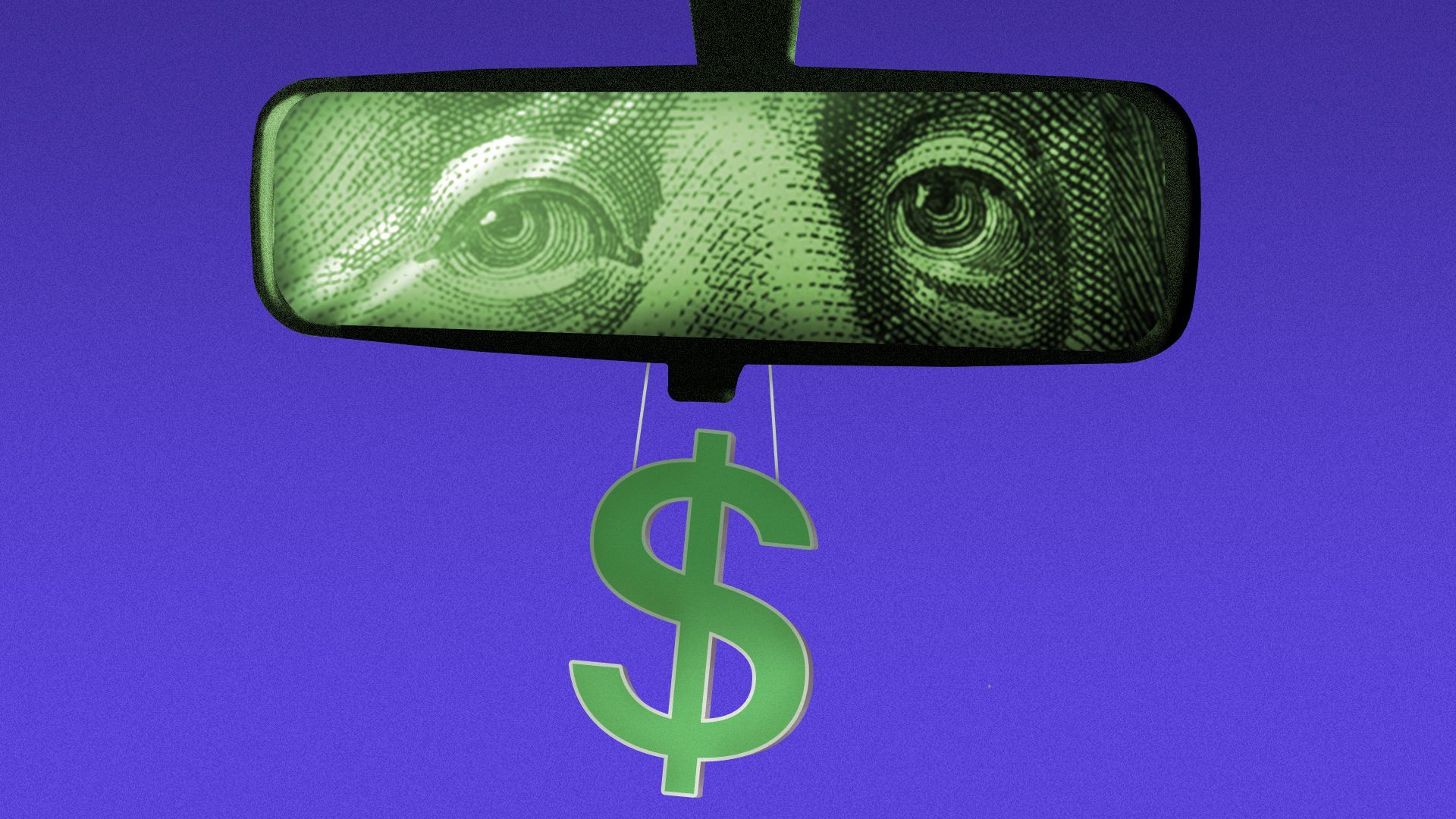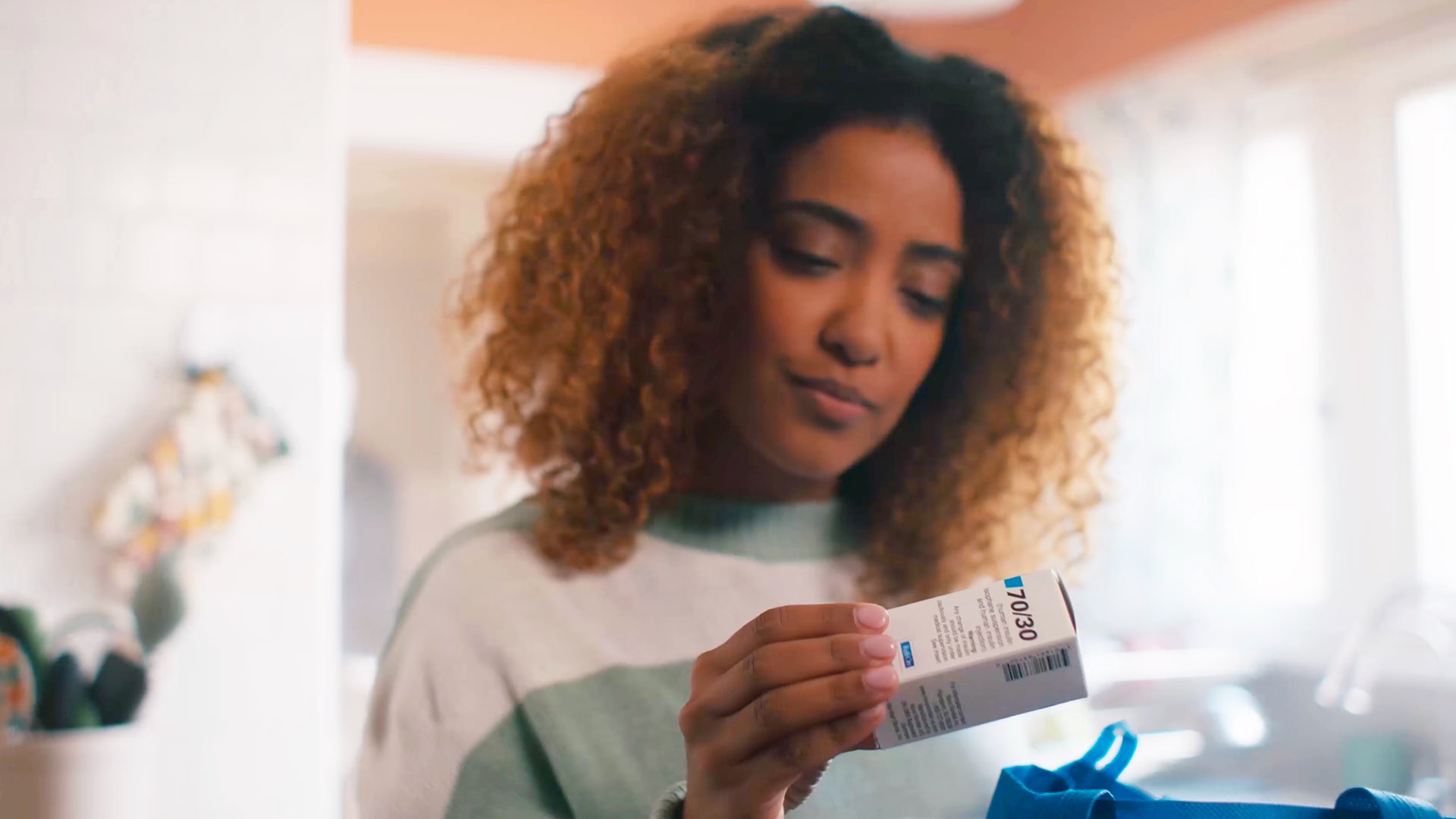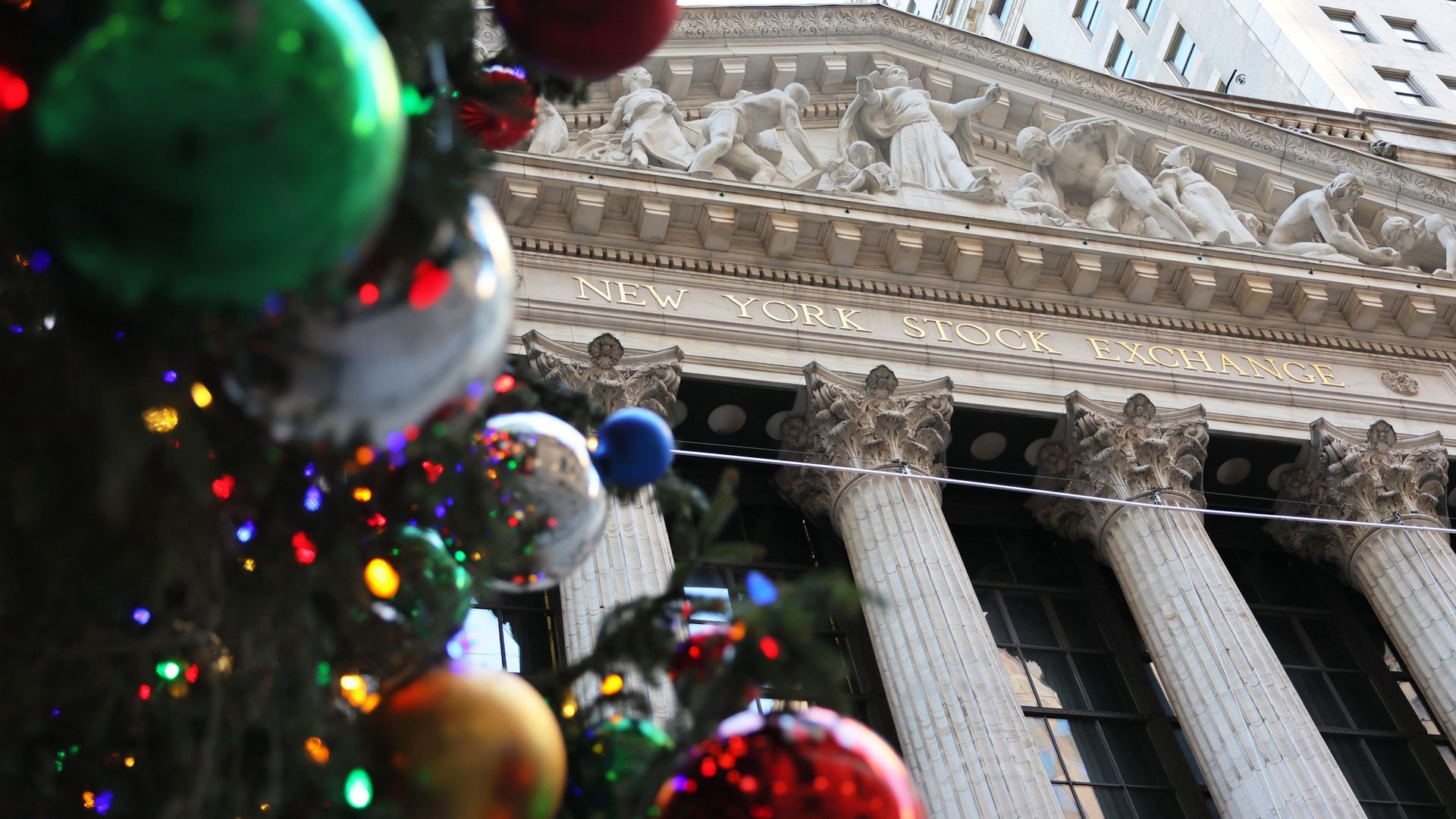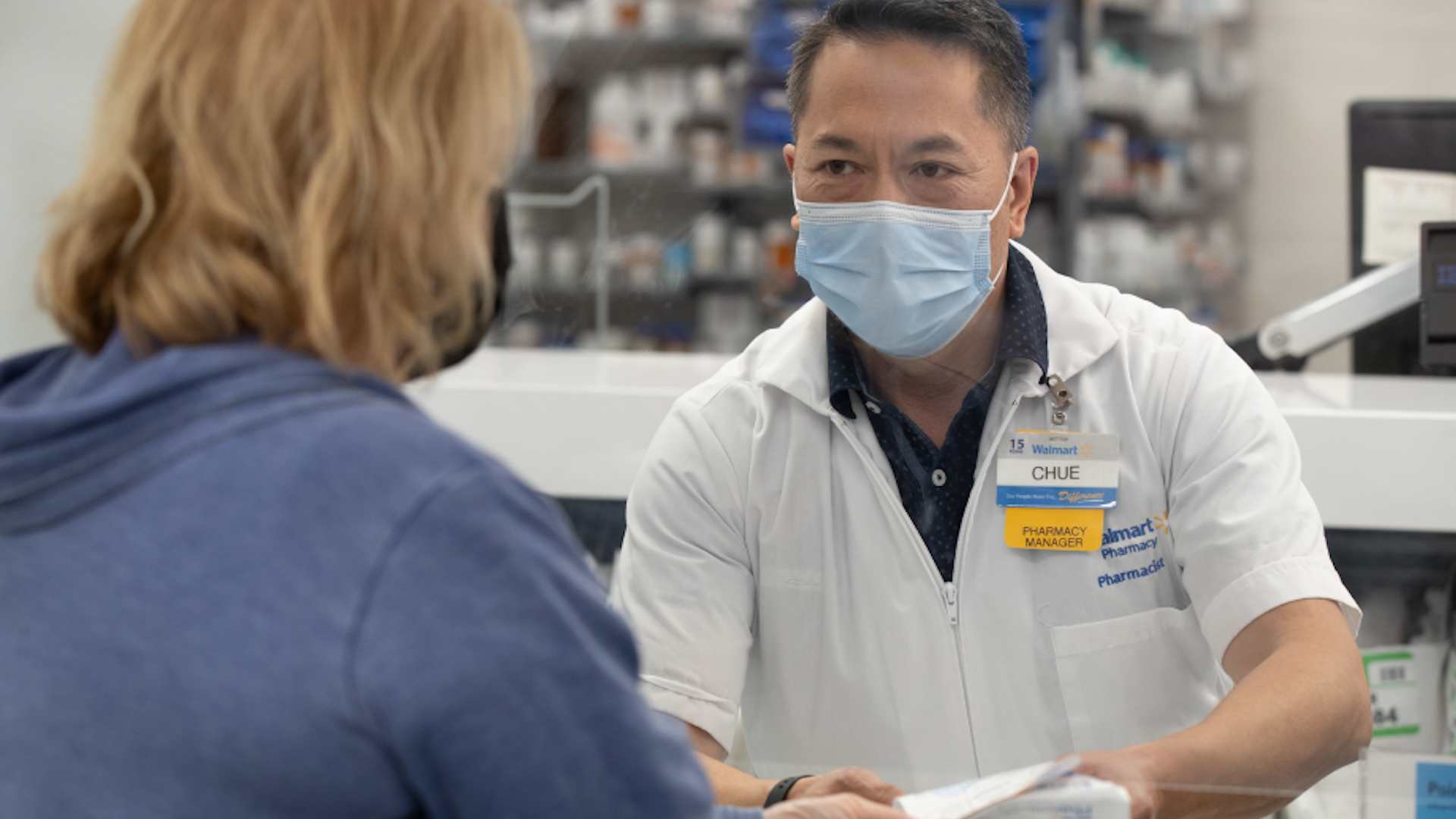| | | | | | | Presented By Walmart | | | | Axios Markets | | By Matt Phillips and Emily Peck · Dec 16, 2022 | | Happy Friday! We made it. Today's newsletter is 1,151 words, 4.5 minutes. | | | | | | 1 big thing: Poster child for the Fed's decade |  | | | Illustration: Shoshana Gordon/Axios | | | | One of the more devastating flame-outs this year has been the near-total collapse in value of Carvana's stock — and its pile of debt — as a one-time pandemic darling faces a new market reality, Axios' Kate Marino writes. Why it matters: It may now seem self-evident that a gimmicky "car vending machine" business that never generated positive earnings shouldn't have taken on billions of dollars in debt. But it's worth a closer look at the ways in which Carvana was a poster child for several trends caused by Fed policy — even before the pandemic. What happened: Prior to COVID, a handful of startup types with negative cash flow got access to capital via the high-yield bond market — think Carvana, WeWork, Tesla, Uber and Netflix. - It's hard to overstate how unusual that was: Early-stage, pre-profit companies are typically confined to equity markets for fundraising. Bond investors generally only care about stable cash flows (translation: a company's ability to make interest payments), since they won't get any upside from massive growth but still face losses if things go south.
- However, a decade of quantitative easing and ultra-low rates pushed high-yield bond investors — those who lend to riskier, lower-rated companies — to stretch to even riskier companies in order to meet their return goals.
- It was a classic "crowding out" effect, Christopher Miller, senior analyst and director of capital markets at Neuberger Berman, tells Axios.
- This bloomed into major FOMO: Investors who abstained saw the bonds performing well for a time, and thought 'Wow, have I gotten this wrong because I didn't see cashflow?,' Miller adds.
And after the Fed's pandemic-induced market intervention, Carvana was one of those recently IPO'd internet-based companies that caught the zeitgeist of the moment (off-the-charts used-car demand + internet commerce boom), and saw its equity soar to shocking heights. - At its 2021 peak — still sporting negative earnings — Carvana was worth $60 billion.
- The huge equity valuation gave bondholders what amounted to a false sense of security — a reason to keep on lending.
More recently, the lack of imagination on the part of investors about how much rates would rise — and how much markets would fall as a result — helped enable Carvana to keep raising debt. - "Many people in the world really haven't seen a rising interest rate environment, and what risks that can pose," Miller says.
- Bonds that Carvana placed earlier this year are now worth just half their original face value.
The bottom line: Some of those cash-burning borrowers turned out just fine, so far anyway — Netflix and Tesla are now investment-grade. But gone are the days when the bond market will give startups like these the runway to attempt to generate earnings, says Bill Zox, high-yield portfolio manager at Brandywine Global. |     | | | | | | 2. Charted: Ouch |  Data: FactSet; Chart: Axios Visuals In Carvana's heyday, all that mattered was access to capital. As long as you had that — and nearly everybody did — the train would keep on moving, Kate writes. - Those days are over now, but the fallout from the over-extension of the last decade is only just beginning.
- "The capital markets collectively are going to identify the winners," says Zox. "And I'm sure there will be plenty of losers in there, that were able to raise capital just because their story sounded like somebody else's."
Zoom in: Carvana's stock is down 98% in the last year. Its bonds trade at between 40 and 50 cents on the dollar, according to pricing data from MarketAxess' BondTicker. For the record: Alan Hoffman, Carvana's head of executive communications, told Axios: "Disrupting any industry is never easy, but especially one that has been around for 100 years. Yet, millions of satisfied customers have responded positively to Carvana's e-commerce model." |     | | | | | | 3. Catch up quick | | 🇷🇺 Russian central bank holds key rate steady, warns of inflation. (CNBC) 🧐 U.S. accounting watchdog says it has full access to 200 Chinese companies averting delisting concerns. (Reuters) 🐦 Twitter press suspensions become media flashpoint. (Axios) |     | | | | | | A message from Walmart | | Walmart helps families save on the things they need most | | |  | | | | Over 37 million Americans have diabetes. With Walmart, they can save up to 75% compared to the cash price of branded insulin. This adds up to more than $15 million saved across America since June 2021. Learn more about how Walmart helps families live better. | | | | | | 4. Stocks slump in delayed Fed reaction |  | | | NYSE. Photo: Michael M. Santiago/Getty Images | | | | Stocks slumped for a second straight day as investors and traders limped to the end of a big week of news on inflation and interest rates, Matt writes. Driving the news: The S&P 500 fell by 2.5% yesterday, its steepest stumble since Nov. 2. The interest-rate-sensitive Nasdaq composite dropped 3.2%, likewise its worst decline since Nov. 2. Flashback: If you're wondering about the significance of Nov. 2, it was a day when the Fed lifted interest rates by three-quarters of a percentage point, accompanied by hawkish comments from Fed chair Jerome Powell, who said the central bank still had "a ways to go" before it stopped hiking. - Powell delivered a similar message Wednesday, saying there would be more pain to come for the economy, as the Fed continued raising rates. (The bank also raised rates by half a percentage point.)
The bottom line: Hopes that a rally this week could shave some of the ugly edges off a bad year for the stock market aren't panning out. - The S&P 500 is down now down 18.3% for the year, putting it on track for its worst performance since 2008.
|     | | |  | | | | If you like this newsletter, your friends may, too! Refer your friends and get free Axios swag when they sign up. | | | | | | | | 5. The missing workers |  Data: Federal Reserve; Chart: Rahul Mukherjee/Axios Federal Reserve chair Jerome Powell struck a particularly somber note at his press conference earlier this week when he mentioned that one reason the labor market is so tight right now is that many workers died from COVID-19, Emily writes. The big picture: Economists have theorized for a while about the impact of COVID deaths on the labor market. Now, research has started to emerge and key public figures like Powell are starting to talk about it explicitly. - "Close to a half a million who would have been working ... died from COVID," Powell said while talking about the U.S. labor shortage.
- Go deeper: In a footnote to a speech he gave on Nov. 30, Powell estimates that 400,000 working-age Americans died in excess of what was anticipated pre-pandemic.
State of play: Compared to pre-pandemic projections, there are around 3.5 million people effectively missing from the American workforce, as Powell explained in that speech at the Brookings Institution. - This number includes older workers who left the labor force earlier than expected. "These excess retirements might now account for more than 2 million of the ... shortfall," he said.
- The other 1.5 million comes from a decline in immigration and "a surge in deaths."
- Overall, 1.09 million Americans lost their lives to COVID-19, according to Johns Hopkins data.
💭 Emily's thought bubble: The role these deaths play in the economy often gets overlooked, possibly because it's so devastating to contemplate. - But when considering the state of the U.S. workplace, it's worth remembering that many Americans lost colleagues, friends and loved ones over the past few years. It's a toll that will take many years to understand and lifetimes to grieve.
Read more: Jay Powell explains America's worker shortage. |     | | | | | | A message from Walmart | | Walmart helps save families up to 75% on insulin | | |  | | | | Since June 2021, families across America have saved more than $15 million on insulin. Thanks to Walmart's low-cost private brand, shoppers can save up to 75% off the cash price of branded insulin. Learn more about how Walmart helps families live better. | | | | Was this email forwarded to you? Sign up here to get Axios Markets in your inbox. Today's newsletter was edited by Kate Marino and copy edited by Mickey Meece. |  | | Why stop here? Let's go Pro. | | | | | | Axios thanks our partners for supporting our newsletters. If you're interested in advertising, learn more here.
Sponsorship has no influence on editorial content. Axios, 3100 Clarendon Blvd, Arlington VA 22201 | | | You received this email because you signed up for newsletters from Axios.
Change your preferences or unsubscribe here. | | | Was this email forwarded to you?
Sign up now to get Axios in your inbox. | | | | Follow Axios on social media:    | | | | | |












No comments:
Post a Comment